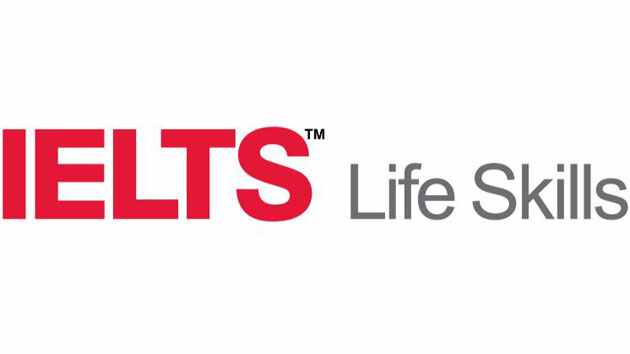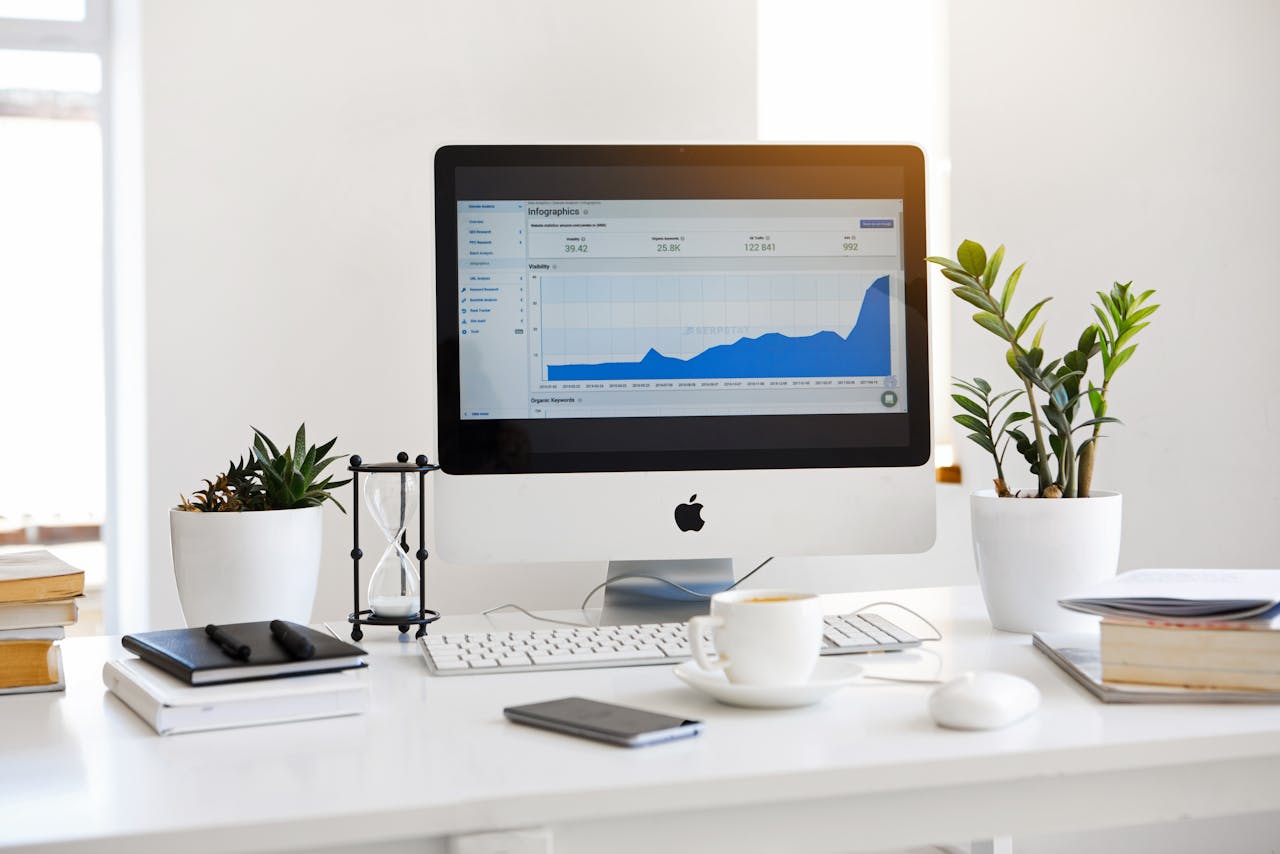Over the years, the concept of running a business has dramatically changed. The days when one would trade a chicken to purchase clothing are over. Businesses, of course, now focus on generating profits and building a brand image.
To achieve these results, organizations have taken a data-driven approach to understanding business analytics that helps them study the market and make well-informed decisions. An advanced degree in business analytics can equip aspiring entrepreneurs to make strategic business decisions more efficiently.
Let's explore and discuss the different ways in which a master's degree in business analytics prepares you for the task of making crucial business decisions.
1: Build an Understanding of Predictive Analysis
Predictive analysis uses historical and present data to impact a business's future outcomes. Businesses use this term to make short—and long-term predictions that drive them to success.
However, mastering predictive analysis isn't easy. To apply this concept professionally, business analytics students learn a series of different methodologies, such as linear regression, decision trees, neural networks, and time-series analysis.
Predictive analysis can help a business in more ways than you think. Instead of simple future forecasting, you can use this concept to target potential customers based on their product choice, perform effective risk management, and maintain an optimized supply-chain system.
Companies like Amazon use predictive analysis to understand their consumers and their likes. The algorithm suggests articles relevant to the customer, compelling them to purchase. No wonder you are so drawn to adding things to your cart when you log into the application.
2: Understand and Interpret Raw Data
Businesses now run on research, facts, and figures. It means there is a lot of raw data to process. Don't you think processing a pile of data without understanding how to handle it can burden you? You'd be lost entirely.
A business analytics masters program teaches students to understand the different trends and analyze data patterns to make informed decisions for the business. The type of data you get to interpret depends on the company's domain, but going through extensive coursework and practical classes, students can adapt and interpret easily.
Forbes suggests that companies with a data-driven approach are 23 times more successful in acquiring customers. So, as someone with an advanced business analytics degree, you can attract companies as a resourceful asset. Not to mention that it will help you set your business up with considerably less effort.
3: Creates a Data-Driven Mindset
Dealing with copious amounts of data might not be a thing of the past, but it holds significant value in the present and is definitely the future. In the future, businesses will be more drawn to using data analytics to make decisions rather than focusing on personal likings and interests.
It might sound a bit dry, but data-based decisions are now being considered an efficient and effective way of dealing with market dynamics and business changes in general. A master's in business analytics will teach modern business concepts so students are prepared for the potential technique of running a business.
4: Learn the Art of Data Visualization
So, you learned how to interpret data and make decisions out of it. What's next? Well, you will be required to present that raw and unfiltered data to it's stakeholders. This is where data visualization comes into action.
Data visualization is a part of a business analytics course. It trains the students to present their data in an attractive, compelling, and professional manner. During the course of study, you will be required to use different tools such as Power BI, Tableau, Visualization API and others to learn and polish your presentation skills.
Information presented in an attractive and comprehensive manner not only looks good to the eye but conveys your point more effectively. You are also able to build your market reputation as an experienced professional who knows the art of attracting stakeholders.
One thing about data visualization is that although you will learn to use different tools during your master's degree, staying in touch with the industry and learning more efficient tools introduced over time is still ideal.
5: Embrace Artificial Intelligence During Education
Artificial Intelligence and Machine Learning are slowly taking over different industries worldwide. From healthcare to the tech industry, it's everywhere. It wouldn't be a lie if we said that AI plays a huge role in shaping how future businesses operate. In fact, Forbes recently claimed that AI can potentially boost business profitability by 38% by 2035.
The prospect of succeeding with AI has emerged as a powerful concept, and most educational institutions are teaching their business analytics students how to use it to their benefit. This will allow students to work faster, more efficiently, and more accurately.
For instance, you can use AI to compile large data bundles, create trends and forecasts, and also keep an eye on expected market changes without consuming much time.
While AI can be a powerful way to speed up your processes, it is ideal that you recheck everything yourself to reduce the errors that can potentially arise. After all, AI is a concept that lacks human touch.
6: Encourages Innovation Among Students
A business analytics master's degree isn't just some theoretical program in which students complete their study hours and submit their assignments to get a degree. Throughout the course, students get practical work that revolves around the material studied in class and encourages them to bring and present their ideas.
Business analytics allows students to become more independent with their decisions. The practical work also focuses on boosting confidence levels and ensuring that you feel ready to step into the professional world — whether working on your venture or serving in the corporate sector.
Business analytics is a practical field that allows students to understand and learn the art of running a modern-day business. By the end of your master's degree in business analytics, you will better understand data interpretation and making predictions.
Besides this, a business analytics degree involves practical work encouraging students to foster their innovation skills while learning modern tools and AI to speed up the job more accurately.
So, if your future is running the heart of a business by making data-driven decisions, a master's degree in business analytics is the way to go.

.jpg)




